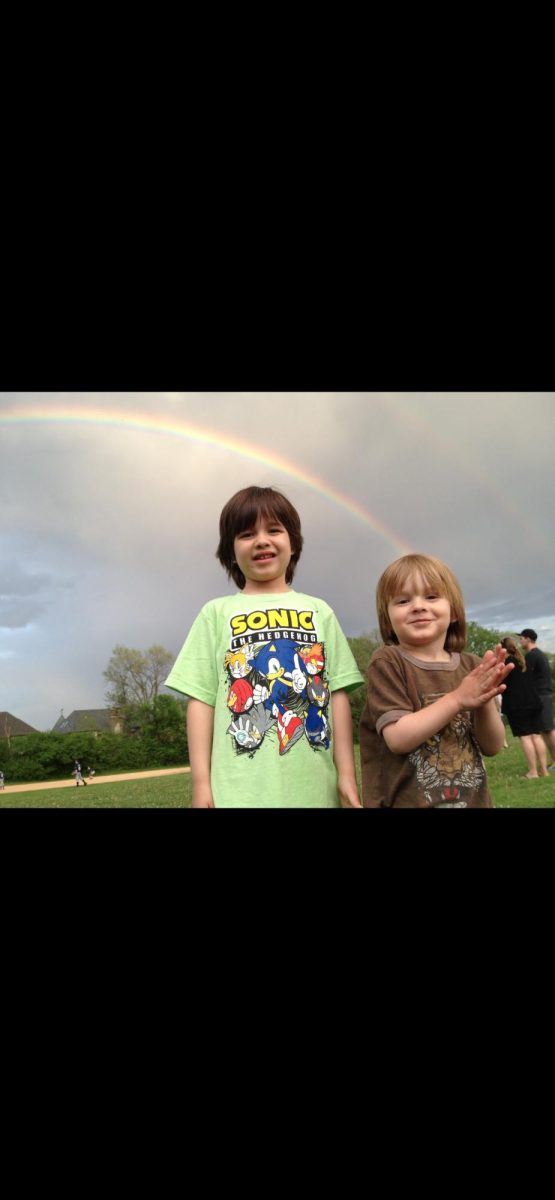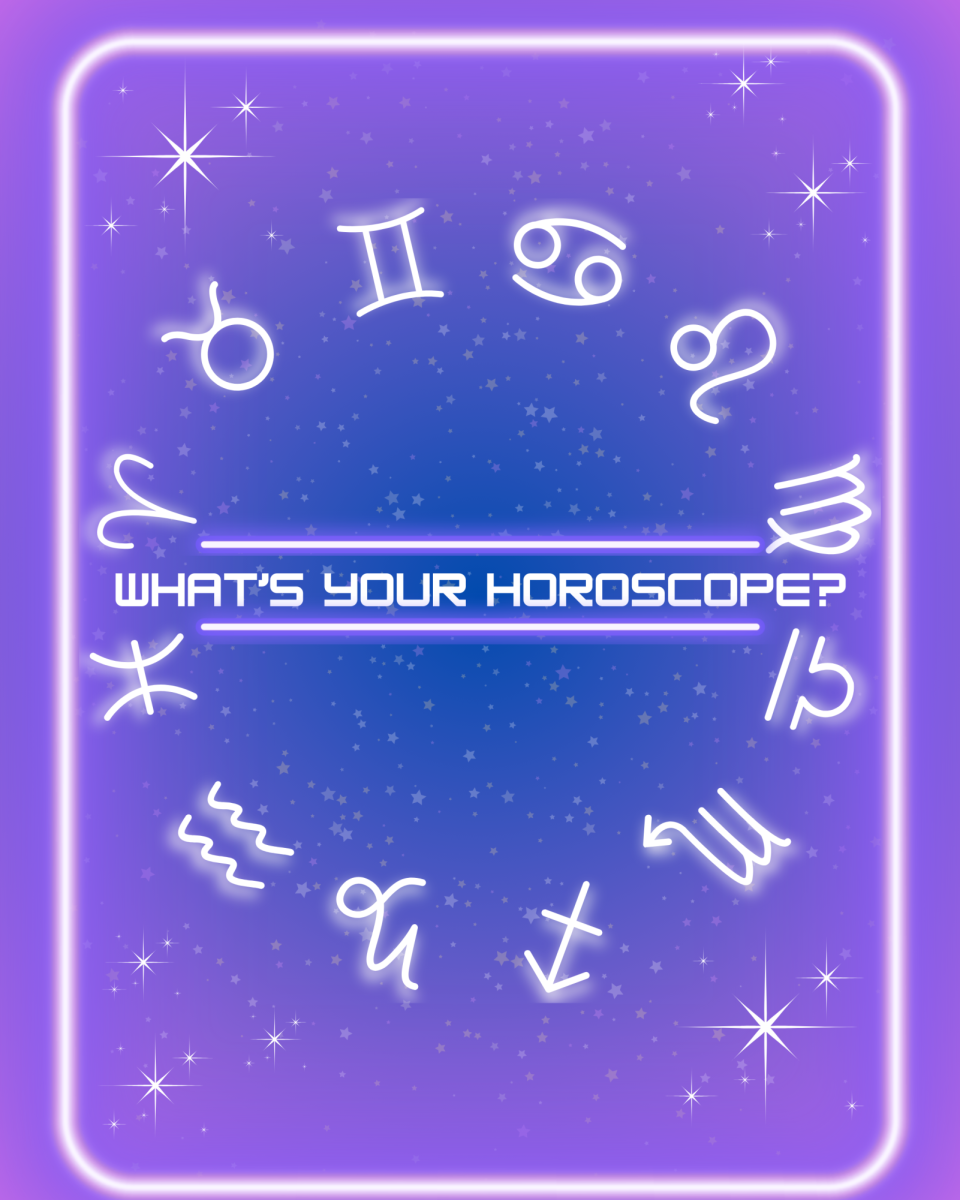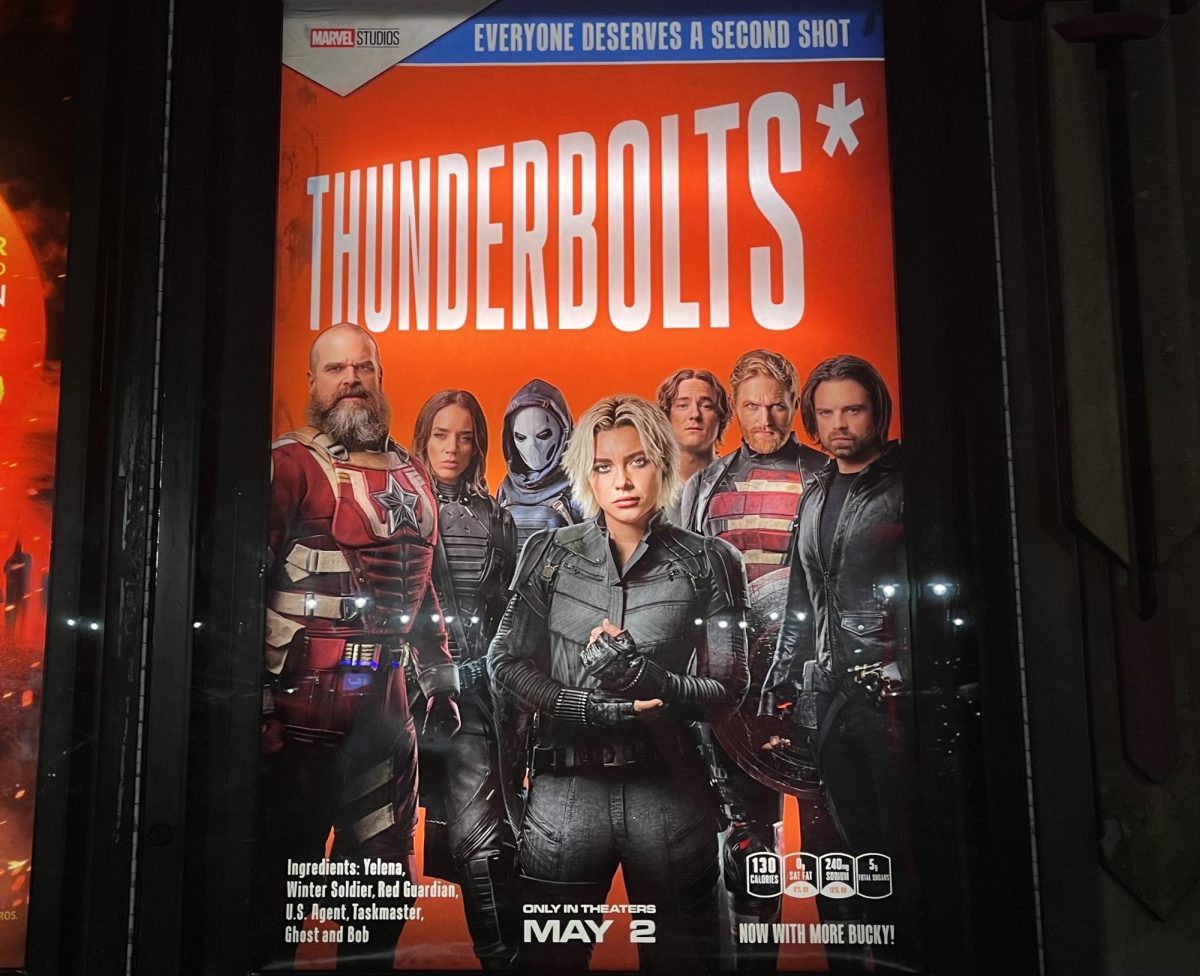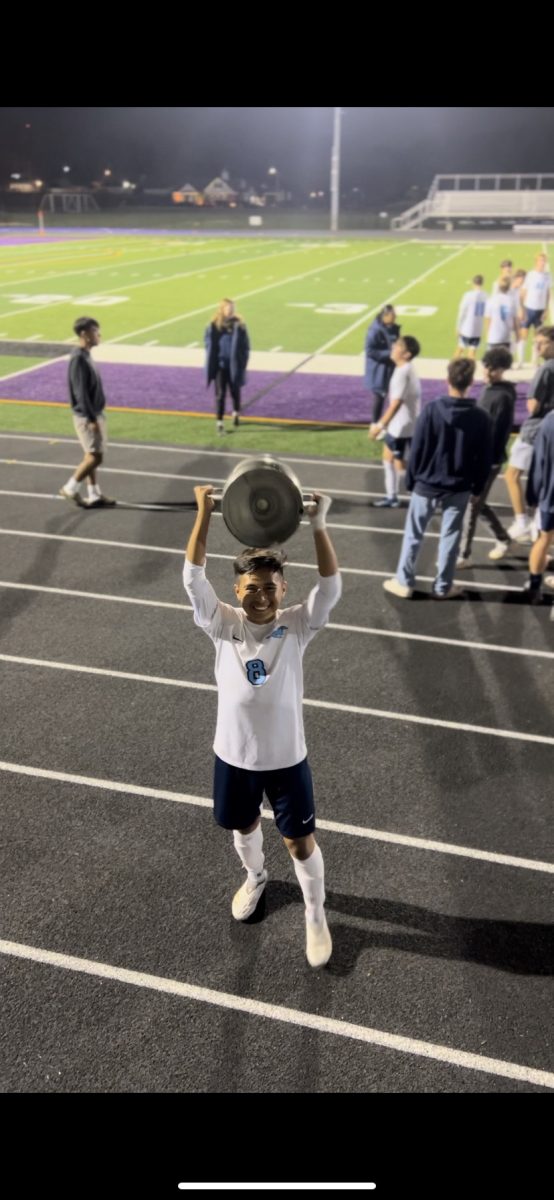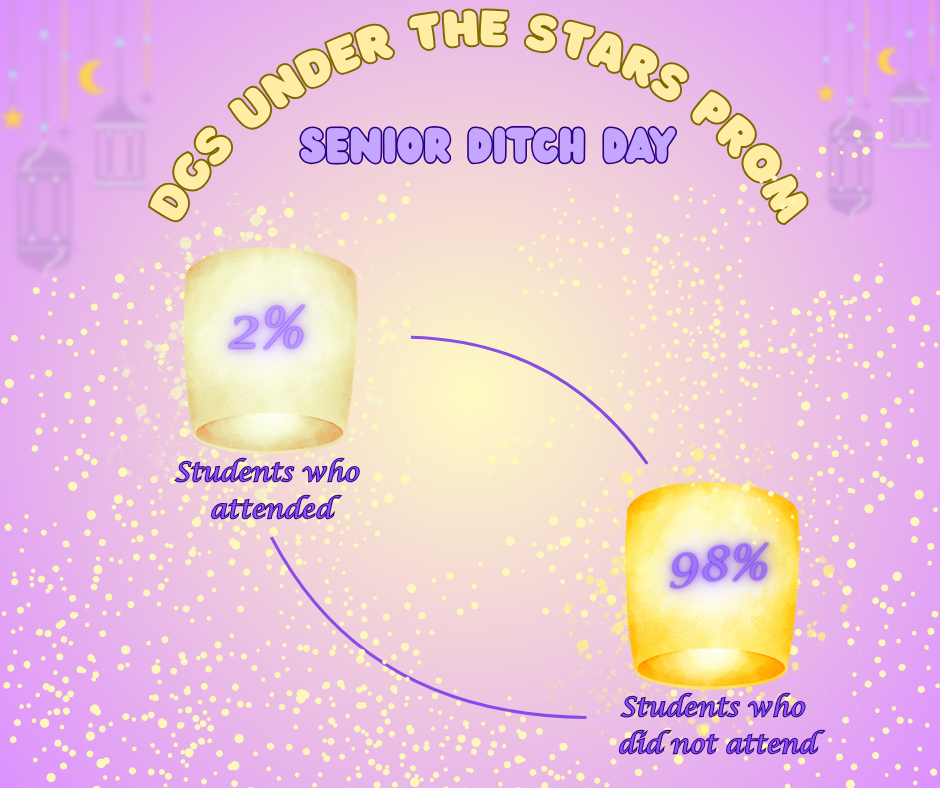According to a study done by the Pew Research Center, as of the year 2021 25% of 40 year olds in the United States have never been married. This is a notable increase since 1980, when only 6% of 40 year olds had never been married. That is an estimated 19% difference.
There are many ways to speculate as to why this is, but the rise of social media could be a potential source for this difference. Data from the SSRS Opinion Panel reports that 47% of adults aged 30-49 have used a dating app at some point in their lives.
For younger generations, this potentially means that social media is changing the way that relationships are defined.
Social media has introduced new terminology to describe complex romantic relationships. One of these terms is “talking” or a “talking stage.” Talking can be described as the period before a relationship in which two individuals are getting to know one another.
This is in some ways “seeing someone.”
Depending on the generation, such as the generation of 52 year old math teacher Kerri Hayes that graduated in 1989, dating can be defined as going on dates with a romantic interest and can be exclusive or non-exclusive depending on what both parties agree to.
“I haven’t dated in a very long time, but I would assume that regardless of how any relationship is labeled, the people in that relationship should have a conversation about expectations regarding exclusivity. For some, dating could be dating around and others dating could mean an exclusive couple. This would be a difficult conversation,” Hayes said.
However, the word dating is more exclusive in 2024.
Since modern “talking” and past “dating” can be to some be described as basically the same thing, what can make the two different?
Merriam Webster defines a date as, “a person with whom one has a usually romantic date.” Talking is different in that respect.
Talking to some is more complicated than dating in terms of what it is defined by, due to the fact that going on dates is not a defining characteristic in the relationship.
Senior Miracle Hudson explained the potential cause for confusion.
“[I don’t think] I have ever been on a date with someone in a talking stage. Because there isn’t actual conversation on if they are just talking, getting to know them or casual dating. There is definitely a blur, which is why most people have the question of if they are something or nothing,” Hudson said.
One of the major elements of the talking stage is that you never have to be in the same room as the person you are talking to. A lot of these relationships are formed online over social media from virtually anywhere, which has had interesting effects in multiple aspects.
Teen pregnancy is seeing effects from the lack of face-to-face communication being done.
According to the Congressional Research Project, as of 2022, there has been an overall decline of teen pregnancies decreasing as much as 67% since the most recent high in 2007.
Teenagers are not the only ones noticing the difference between the past and the present. Forty-six-year-old English teacher Dan Maas also has noticed changes in how dating operates in high school.
“My guess is that students go on less dates than they did when I was in high school. One example of this would be that in my high school nearly no one attended school dances unless they were with a date,” Maas said.
There is a point of view in which those changes are not inherently bad.
“There were groups of friends who would go together, but it was always in the context of being paired with a date. Now it seems much more acceptable to attend dances with a group of people where everyone just hangs out without a specific pairing. I think this is largely a good thing if it allows students to feel less pressure connected to school social events,” Maas said.
Senior Kamryn Gillespie, who also reports also never having been on a date in a talking stage, believes that social media could also be a factor as to why people are seemingly finding less and less meaningful connections.
“I feel like social media has given everybody this false narrative of what relationships should be instead of growing with them, so it gives instant gratification. People’s priorities are messed up, and we glorify the wrong parts of being in a relationship. It’s less of being in a relationship with someone that you actually care about rather than growing a relationship,” Gillespie said.
Hudson, who had negative experiences with talking stages, believes that high school is a better experience without them.
“People nowadays only want one thing, or they don’t know what healthy relationships look like. [Talking] made me stress out about unreasonable things and put myself in stressful situations that aren’t worth it,” Hudson said.
Gillespie, who is now in a committed relationship that began from a talking stage, has a different point of view.
“I believe if you find the right person it is [worth it] and also if you’re doing it for the right reason. Love doesn’t have an age limit or age restriction. The problem is lust and a craving for someone might make it harder to differentiate between the two,” Gillespie said.
Even though Maas sees the way that dating has begun to progress as a positive thing, he is also aware that social media may have a bigger impact on the way that connections are changing and forming than meets the eye.
“Dating requires creativity, taking time to slow down, the desire to look someone in the eye, the patience to really listen and be physically present with someone in order to make them feel seen. The short bursts of expression and snaps-hotted moments students often use to communicate through social media outlets only discourages this and it can only reveal so much about who someone really is and often it is a fabricated version anyway,” Maas said.
Generation Z and all coming generations may have to shape this new experience and meaning for themselves.




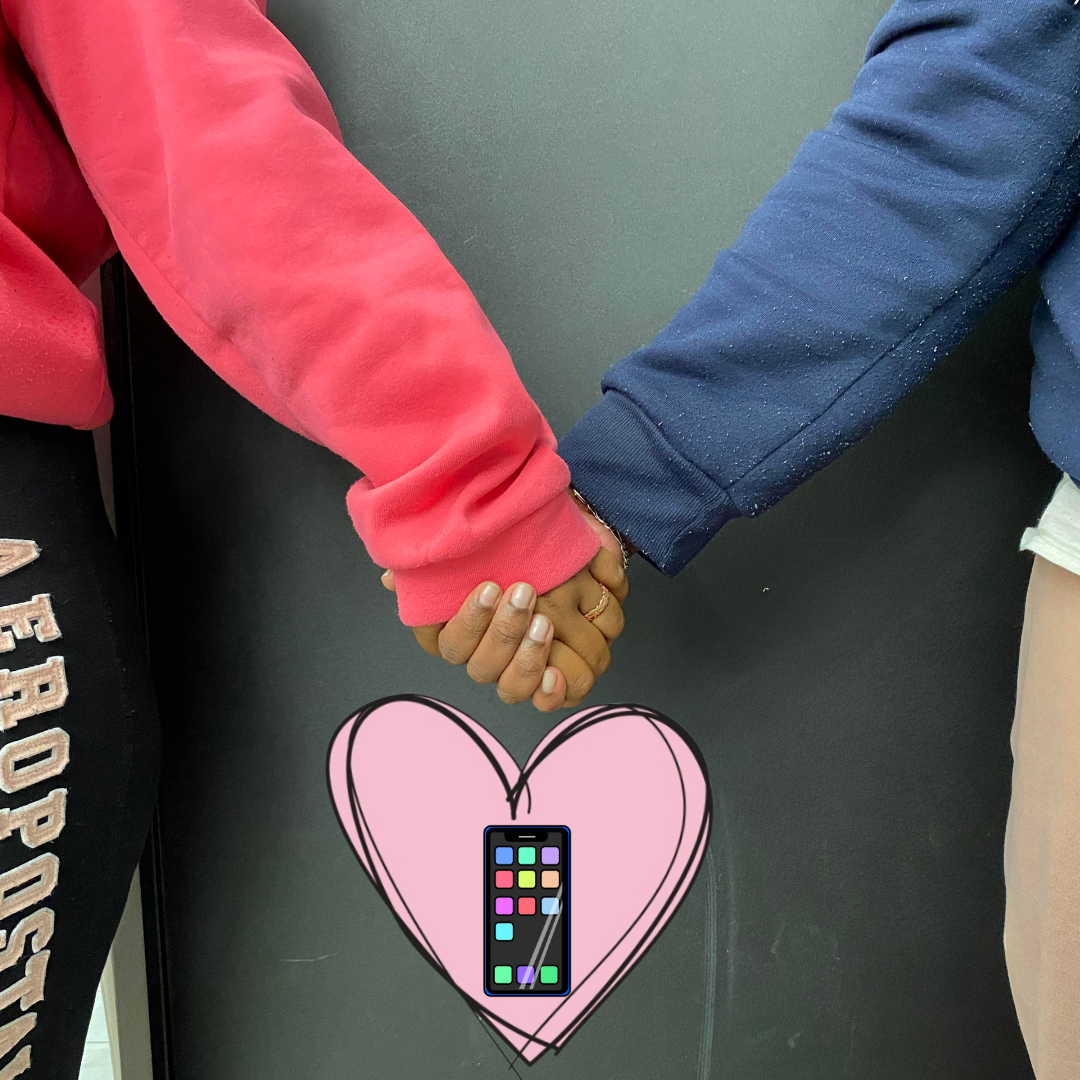

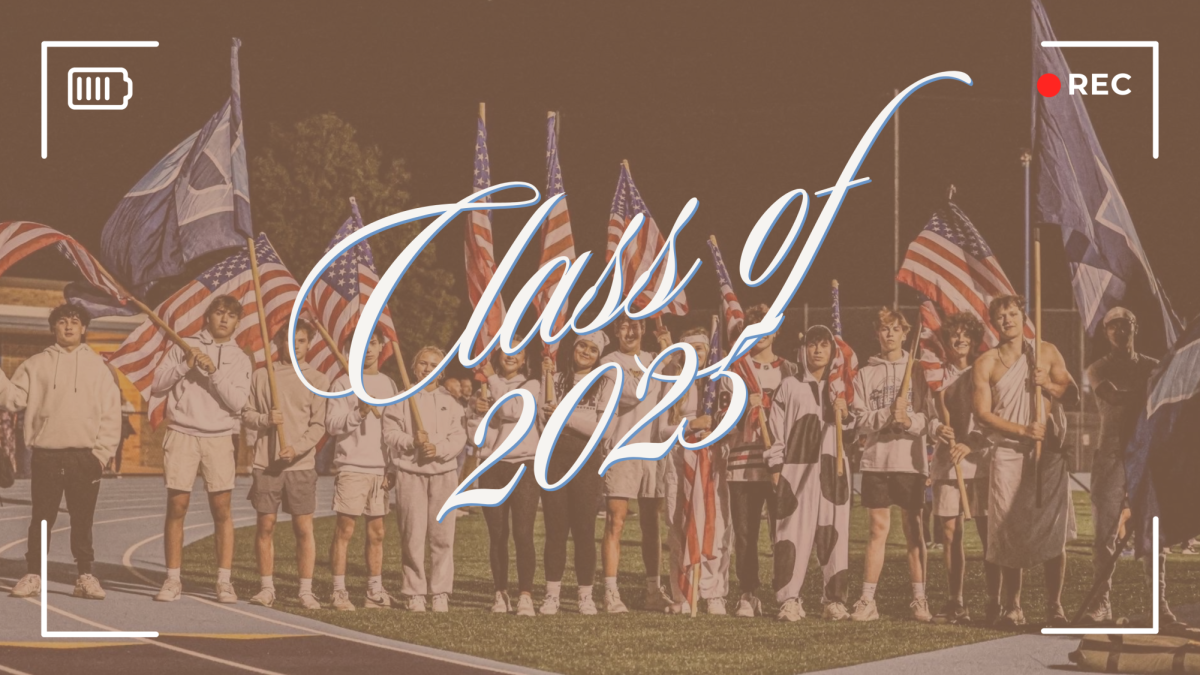
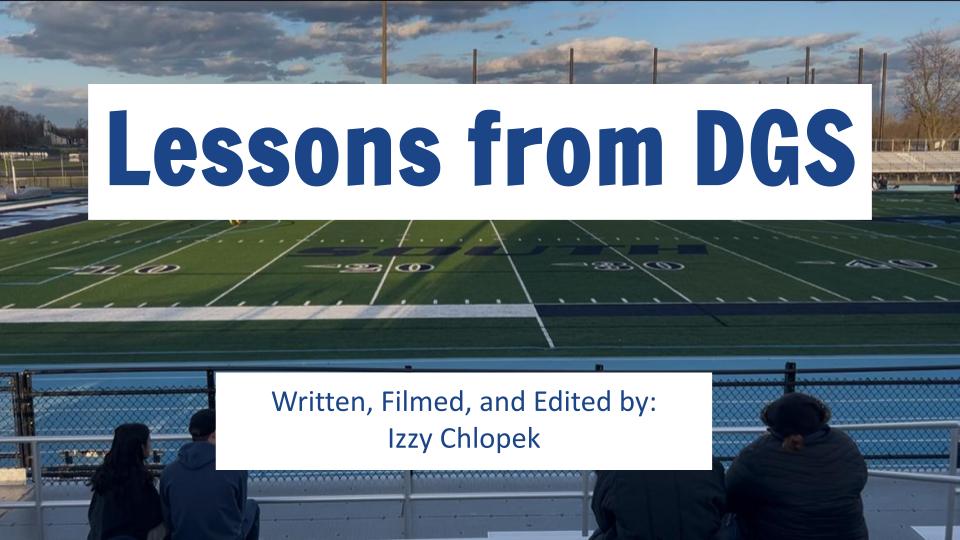
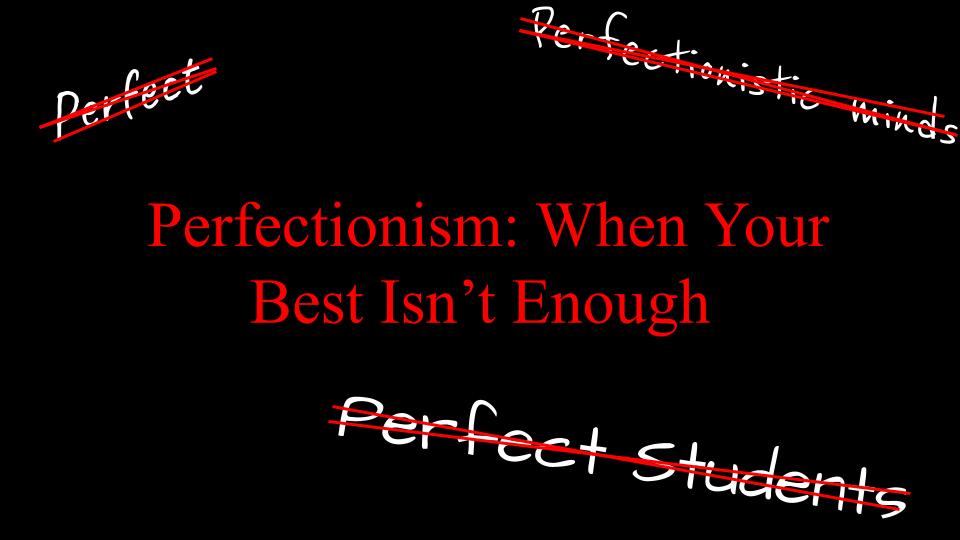
![In this documentary, you will learn how violins are made. All music is in the public domain:
Music Produced by Deutsche Grammophon, Medici TV, Heifetz Institute, and Queen Elisabeth competition
Paganini, Caprice No. 24 [Song recorded by Jasha Heifetz]. Heifetz Institute. (Original work published 1817)
Paganini, Caprice No. 24 [Song recorded by Jasha Heifetz]. Heifetz Institute. (Original work published 1817)
Bartok, Sonata No.1 for Solo Violin [Song recorded by Kevin Zhu]. Queen Elizabeth Competition. (Original work published 1944)
Paganini, Violin Concerto no. 1 [Song recorded by Philippe Hirshhorn]. Queen Elizabeth Competition. (Original work published 1819-1825)](https://southblueprint.com/wp-content/uploads/2025/05/Screenshot-2025-05-07-122429-1200x668.png)
